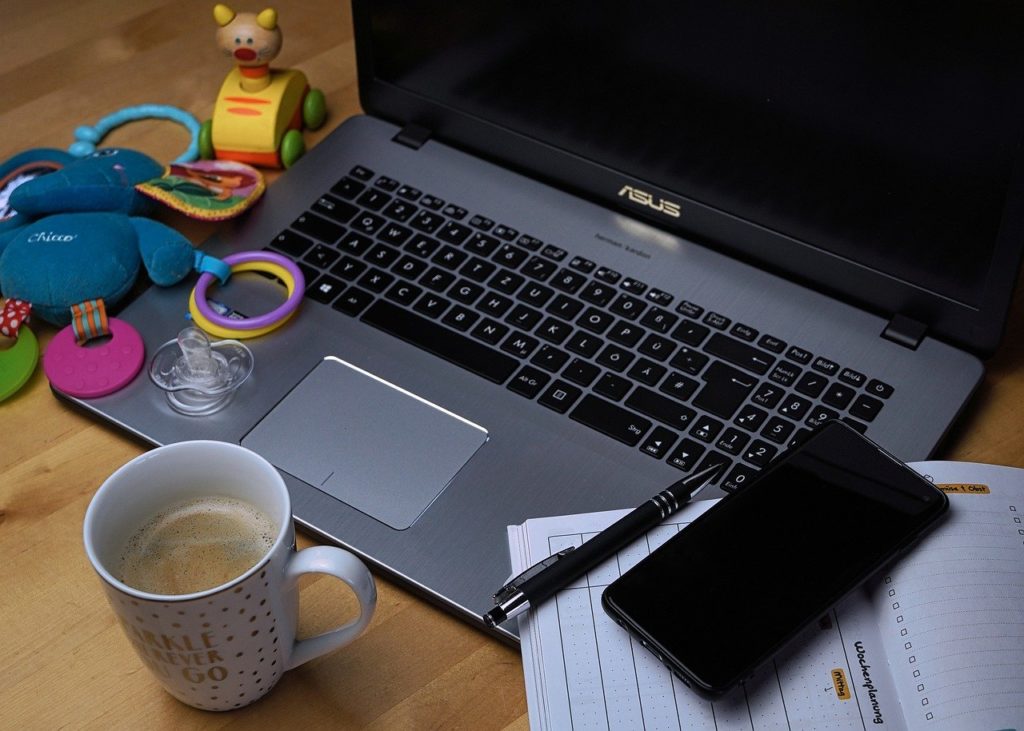The first Birkbeck Astrea event of 2020-21 explored how small changes can make a big difference to wellbeing, productivity and work-life balance while working from home.
If you, like much of the UK population, are continuing to work from home in the New Year, how did you feel returning to your desk (/dining room table/kitchen worktop) after the Christmas break? Were you relieved to give a freezing January commute a miss, or disappointed to miss out on catching up with colleagues? Are you returning to your laptop refreshed, or is it already feeling like Groundhog Day?
If you’ve found the prolonged absence from the office a difficult adjustment in any way, be it the technology, loneliness or struggling to switch off at the end of the day, you’re not alone, as Birkbeck Astrea members discovered in their first formal event of the 2020-21 academic year, Making Working from Home Work for You.
Working from Home: Love it or Hate it?
This virtual event began with an opportunity to share the highs and lows of working from home. Among the bugbears that we’d rather not carry into 2021 were an increasingly sedentary lifestyle; technological issues ranging from Wi-Fi crises to video call etiquette; as well as habits that we just can’t seem to save ourselves from, such as the obsessive reading of bad news on social media known as ‘doomscrolling’.
It wasn’t all bad though, as colleagues also shared some of the highs from lockdown life, such as getting to know co-workers on a more personal level by being introduced to pets and other elements of home life; having an opportunity to get chores done in the week, leaving the weekend free to relax; and enjoying more comfortable attire, as one member commented: ‘Spending my working day in outside shoes seems ludicrous and I don’t know how I ever did it.’
Change One Thing
While this end of term gathering was a great opportunity to get together and let off steam about working from home, there’s a serious side to this too. The blurred boundaries created by working from home mean that many of us are working longer hours and finding it harder to switch off at the end of the day. Mental health can suffer too, both for those juggling caring responsibilities with work and for those living alone who may feel isolated. So what can we do to make an improvement in 2021?
Thinking about how we could improve our work/life balance, productivity and foster a healthy mind in the New Year, we asked members for suggestions of one small thing we could do in 2021 to make a difference. Here’s what they said:
One change to improve work/life balance:
- Turn off all notifications: social media, email – they are designed to serve someone else’s priorities.
- Ditch the guilt: give yourself permission to take breaks and don’t feel bad for sticking to your agreed working hours.
- Make plans to call a loved one on your lunch break or straight after work.
One change for a healthy mind:
- Be kind to yourself: don’t beat yourself up if you don’t finish everything on your to do list.
- Use your commute time to walk or read a book – whatever helps you switch off from the day.
- Go outside: use your lunch break to get some daylight and fresh air.
One change for increased productivity:
- Take breaks away from your desk – in the physical office we were much less attached to our desks than we are now!
- Focus on one thing at a time – multitasking is distracting.
- If you’re in a meeting, switch off your emails. Don’t try to spread yourself too thinly.
Got a great tip for working from home? Add it to our list.
What small change can you make this year to get 2021 off to a great start? Let us know what you’ll do differently in the comments below.
Birkbeck Astrea is a grassroots networking group for women and non-binary people working in professional services roles at Birkbeck, University of London. Stay in touch with us on Twitter and Instagram.




